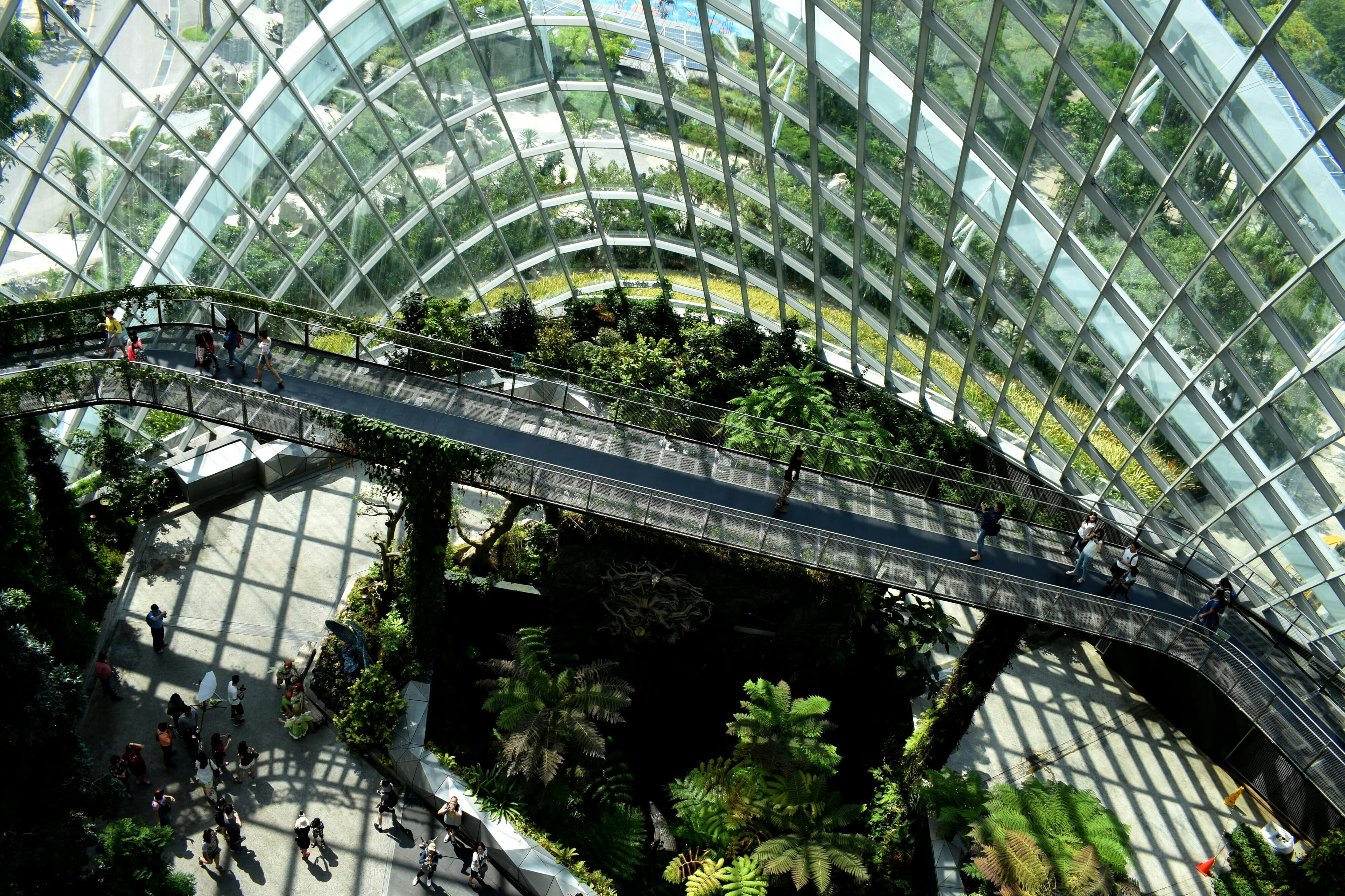
What every CSO needs to know to unlock growth through sustainability
The challenge for CSOs now is how to successfully embed sustainability into the core of how businesses make decisions, allocate capital, and define success.
Akanksha Khatri is the Head of Strategic Insights and Impact at the Centre for Nature and Climate. She brings over a decade of experience at the intersection of sustainability, policy, and strategic leadership. Prior to this, she served as the Head of the Nature Action Agenda at the World Economic Forum, where she led the influential New Nature Economy Reports series, advancing the global dialogue on integrating nature and biodiversity into mainstream economic and business decision-making.
Earlier in her tenure at the World Economic Forum, Akanksha held multiple leadership roles, including Lead for Government Engagement for India and South Asia, and later as Chief of Staff and Head of Strategy and Performance for the Forum’s Regional and Government Engagement globally.
Before joining the Forum, she gained corporate experience at HT Media Ltd., India’s second-largest media company. Akanksha holds a BA (Hons.) from Jawaharlal Nehru University, India, and an MA in International Affairs from Columbia University, USA. She was also a World Economic Forum Global Leadership Fellow (2013–2016).
Her work continues to focus on building actionable insights and cross-sectoral partnerships that drive sustainable economic transformation.
The challenge for CSOs now is how to successfully embed sustainability into the core of how businesses make decisions, allocate capital, and define success.
Expanding credit markets for carbon, water and biodiversity are driving private investment and bridging gaps in global sustainability finance.
Cómo las políticas inteligentes, la acción empresarial y las soluciones basadas en la naturaleza pueden equilibrar el crecimiento con la conservación de la biodiversidad para hacer frente...
How smart policies, business action and nature-based solutions can balance growth with biodiversity conservation to tackle global environmental challenges.
2050年までに、世界の3人に2人が都市に住むようになると予想されています。この急速な都市化に対応するには、膨大な量のセメントとコンクリートが必要です。建設業が活況を呈する中、セメント・コンクリート業界は、水使用量、温室効果ガス排出量、生態系のかく乱などを削減するため、ネイチャーポジティブなソリューションに取り組んでいます。
Los consumidores están cada vez más preocupados por su impacto ambiental, por lo que el sector de productos del hogar y el cuidado personal también debe ser positivo para la naturaleza.
Consumers are ever-more concerned about their environmental impact, so the household and person care sector must work towards being more nature-positive.
Dos de cada tres personas vivirán en centros urbanos en 2050. Las empresas de cemento y hormigón deben aplicar soluciones para lograr una economía respetuosa con la naturaleza.
With two in three people set to live in urban centres by 2050, cement and concrete firms must implement solutions for a nature-positive economy.
只有保护自然,全球的气候雄心目标才能实现。混合融资可以成为扩大资金规模以保护自然和应对气候变化的催化剂。通过联盟的形式,在多边开发银行中将自然这一议题推向主流,并将促进自然受益倡议的混合融资制度化,我们可以迅速扩大实现全球气候和生物多样性目标所需的混合融资规模。
“昆明-蒙特利尔全球生物多样性框架”为社会与自然的关系指明了新方向。要在2030年遏止和扭转自然损失,企业的行动至关重要;为应对不同经济行业对自然和生物多样性的影响和依赖,需要采取有行业针对性的举措;为帮助加快向自然受益的未来转型,一份新指南列出了12个行业的企业应采取的行动。
El Marco Mundial para la Biodiversidad de Kunming-Montreal traza un nuevo rumbo para la relación de nuestra sociedad con la naturaleza. Eso es lo que se necesita para detener y revertir l...
From agriculture to finance, businesses, and organizations from all sectors have a role to play in building a nature-positive future. Here's how.
Blended finance could catalyze nature-positive investment by coalition-building, mainstreaming of nature and institutionalizing nature-positive policies.
Nearly three-quarters of all bank loans in the euro area are to companies that are highly dependent on biodiversity. Here’s why this matters to the economy.













